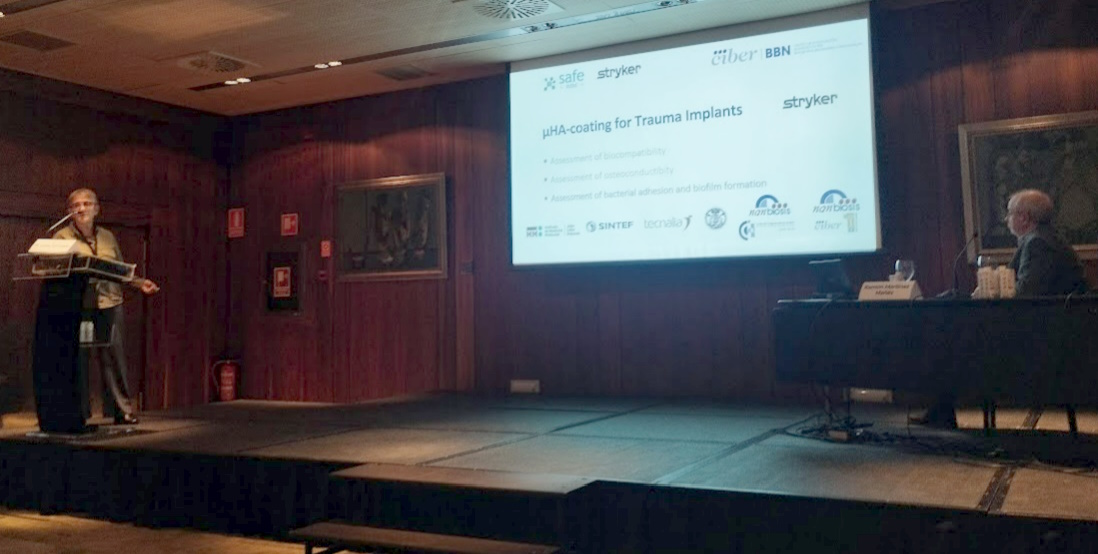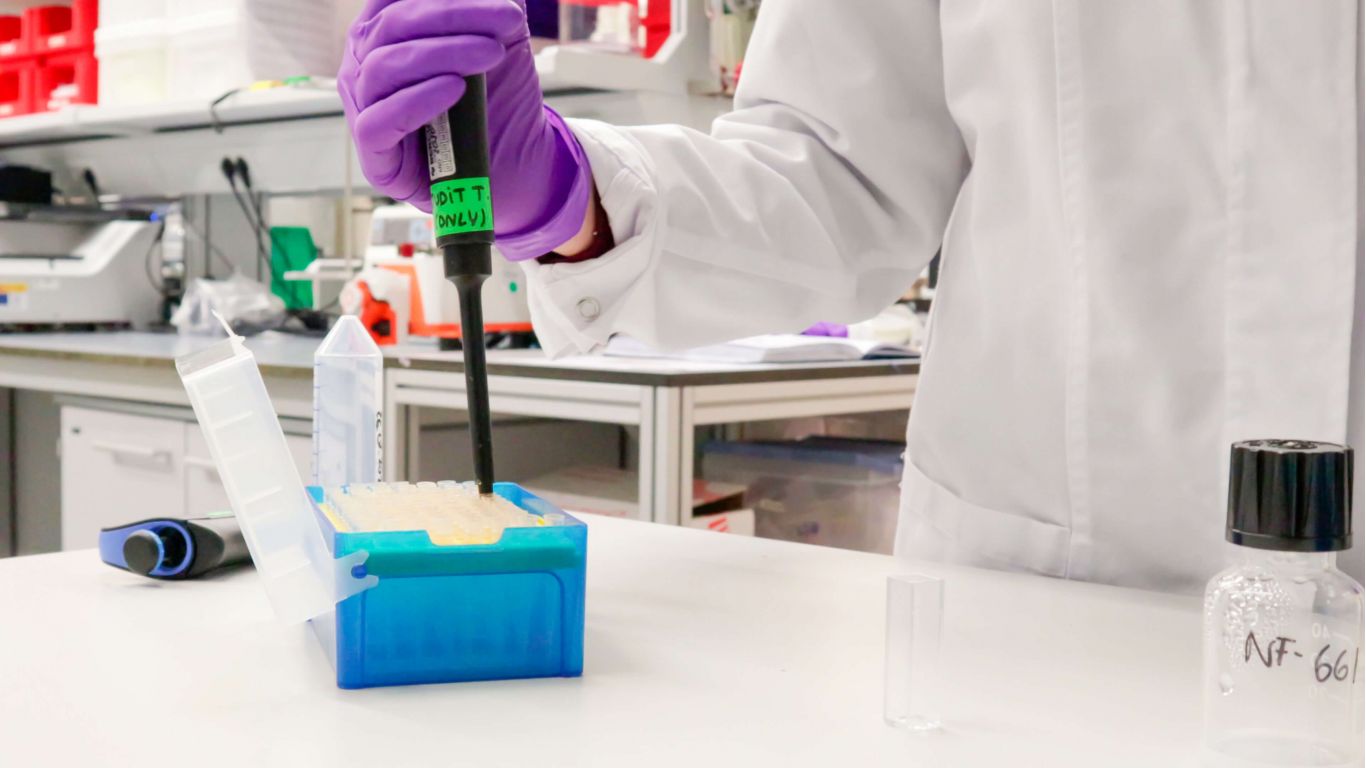NANBIOSIS sesion in the CIBER-BBN and CIBEREHD annual meeting. SAFE-N-MEDTECH Project: Outcomes and Future Prospects.
The annual conference of the scientific áreas of CIBER (the most important Centre for Biomedical Research in Spain) are hotly awaited every year for the CIBER community as a foro to be updated about emerging key technologies and discuss about research lines and results, find new opportunities to collaborate and join efforts towards common objectives.
Moreover, this year, the Annual Conference of CIBER-BBN (Bioengineering, Biomaterials and Nanomedicine) has been organized as a collective event scheme together with the scientific area of CIBEREHD (Digestive and Liver Diseases). Both areas have already shared experiences of collaborative projects, demonstrating the complementarity of their fields. The results of these seed projects were presented on the firs working day, and a new edition of seed collaborative projects between the two areas was announced.
NANBIOSIS session took place in the afternoon of the second day. It was dedicated to SAFE-N-MEDTECH Project: Outcomes and Future Prospects.
SAFE-N-MEDTECH is a H2020 project (GA: 814607) funded by the European Commission under the topic DT-NMBP-02-2018-OITB for Safety Testing of Medical Technologies for Health (IA). The Open Innovation Test Bed (OITB) is an initiative launched by the European Commission with the aim of accelerating the development of medical devices based on nanotechnologies in Europe and abroad.
The project, ended this september, counted with 28 partners with a total funding of 15 million euros. The Consorcio Centro de Investigación Biomédica en Red (CIBER) is partner of the project through the Spanish Research Infrastructure NANBIOSIS -ICTS integrated by CIBER, CCMIJU and Ibima -Platafprma BIONAND, several units of the ICTS NANBIOSIS carried out some of the F/Q, in vitro and in vivo characterizations applied to the Pilot Test Cases described in the project.
Ángel del Pozo, from Biokeralty Research Institute AIE, coordinator of the project, explained the development of the project with its outcomes and its future prospects.
M. Luisa González, from UEx and Scientific Director of U16 of NANBIOSIS, explained the joint with CCMIJU on the Stryker case materials, testing bacterial colonization. This joint experience in the project has been organized as a new cutting-edge biomedical solution that NANBIOSIS ofer to its clients.
Montserrat Rodríguez-Núñez, from NANBIOSIS U2 Custom Antibody Service (CAbS) at IQAC-CSIC talked about the participation of the unit in the project by Assessment of affinity parameters for immunosensor development.
It also took place the annual meetting of the NANBIOSIS Scientific Advisory Committee to deliberate the key actions of the ICTS and.
Related news:










